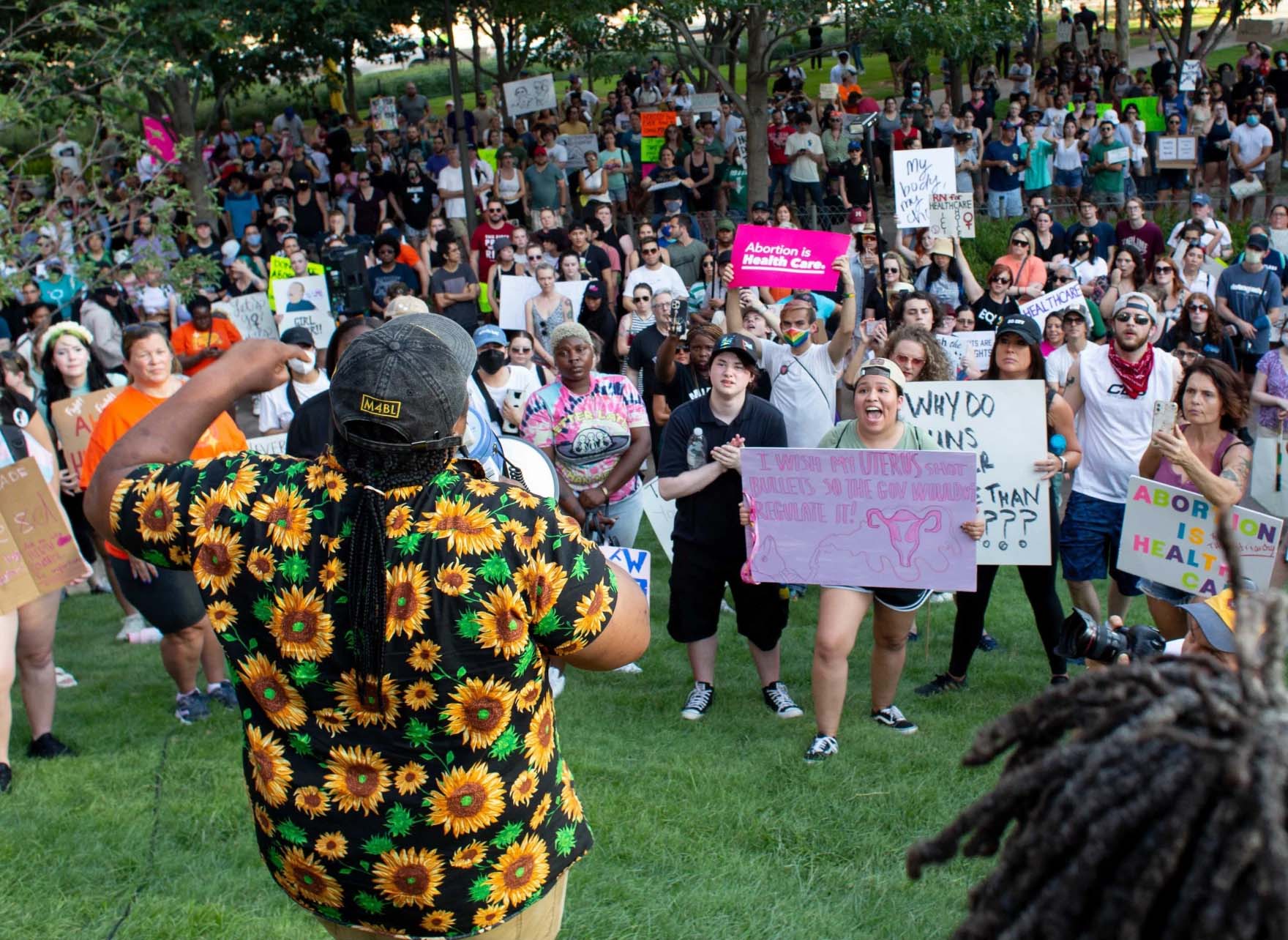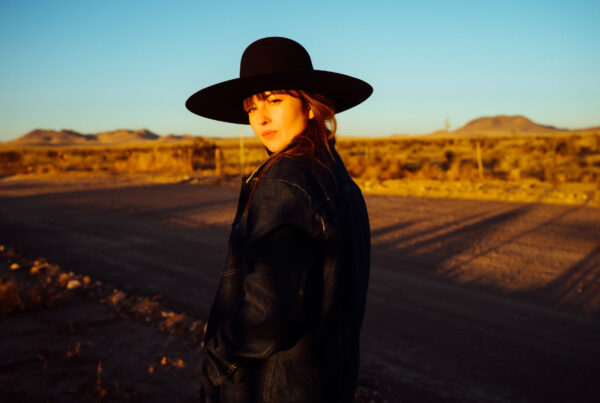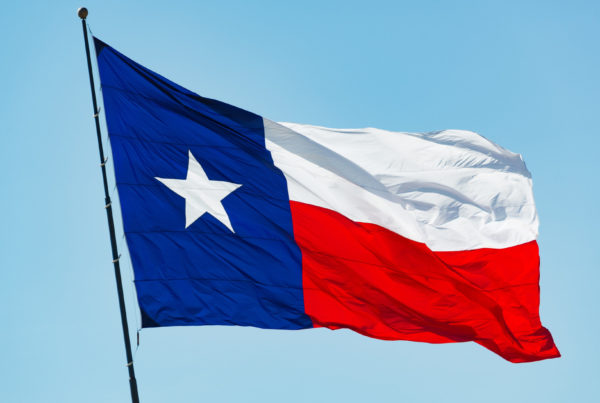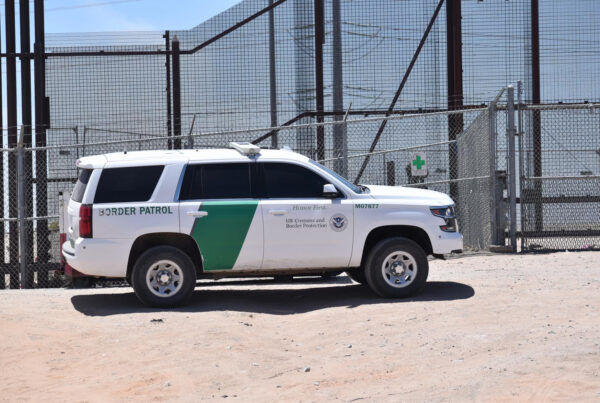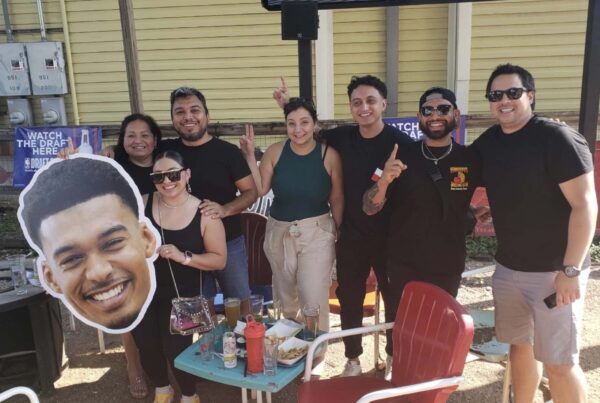From KERA News:
For a half-century, Roe v. Wade protected abortion rights for all Americans. But that all changed after the Supreme Court’s ruling in Dobbs v. Jackson Women’s Health case a year ago.
Abortion clinics in Texas shut their doors. That sent even more Texans to other states, where clinics are seeing a rise in threats and violence.
That was all the result of a case from Mississippi that made its way to the Supreme Court. The Jackson Women’s Health clinic sued Mississippi over its ban of abortions after fifteen weeks of gestation. The court’s ruling returned power to legislate abortions to the states.
A domino effect
That set off a major domino effect. Texas and 25 other states had so-called trigger-ban laws in place, according to the Guttmacher Institute. Those laws effectively banned abortions as soon as Roe was overturned.
But virtually all Texans already couldn’t get abortions since September 2021 because of the state’s ‘heartbeat law’ (Senate Bill 8) which banned abortion after six weeks’ gestation. Many people don’t even know they’re pregnant at that point. The Dobbs decision really just hammered the nail in further on ending abortion in Texas.
The quality of pregnancy care in Texas declined after Roe was overturned, according to a study from UT Austin and the University of California San Francisco from this year.Kari White is the coauthor of the study. She told KERA in a previous interview that states with abortion bans often have worse maternal health outcomes.
“People are already have poor health when they’re becoming pregnant and are trying to seek care in a service and policy environment that is unable to provide them with the best possible care,” White said.
Texas’ maternal mortality rate is one of the highest in the nation. A Texas Department of State Health Services report that used 2019 data found the state’s maternal mortality has racial disparities. Black pregnant people in Texas were twice as likely to die as their white counterparts according to the study.
D’Andra Willis, a doula with The Afiya Center, said in a previous interview with KERA that she worries about what will happen to Black maternal health under abortion restrictions.
“I think about how so many of them are going to fall through the cracks, and how so many are going to have unwanted pregnancies,” Willis said. “Maternal mortality and morbidity, postpartum depression, and all of that, I think about how those numbers are gonna skyrocket.”
Protective states
Texans seeking abortions are packing their bags and heading to Colorado and New Mexico. After Dobbs, Louisiana and Oklahoma no longer were options because of their trigger-ban laws.
That gets expensive. There are plane tickets, gas money and hotels to pay for on top of the abortion itself.
Kamyon Conner, the director of the Texas Equal Access, said traveling also ups the cost of abortions.
“It is pushing your procedure further out as well, which means that some folks are seeing higher costs than they would if they were able to access care in their own state,” Conner said.
States like Colorado and New Mexico that protected abortion access have seen a sharp increase in violence and threats, according to a report from the National Abortion Federation. Melissa Fowler from the federation told me that anti-abortion protesters were emboldened by the Dobbs decision.
“There were physical pushing and altercations, people putting their hands on other people, the use of racial slurs and really negative and derogatory language being yelled at people who were there on the pro-choice side,” Fowler said.
Some people take abortion pills at home. But a Texas federal judge ended that this yearwhen he revoked the FDA’s approval of a drug that’s essential for medication abortions, mifepristone. That case is headed for the Supreme Court.
Opposing views
Many people celebrated the court’s decision to overturn Roe. Dr. Robert Jeffress, the senior pastor at First Baptist Dallas, called the decision a triumph during the church’s first service after the ruling.
This is not a victory for Republicans or conservatives,” said Jeffress, also a Fox News contributor who has close ties to former President Donald Trump. “This is a victory for the millions of yet to be born children who will now have a right to live.”
But most Americans support abortion access. A Pew Research report released a month after the Supreme Court overturned Roe found about six in ten Americans say abortion should be legal in all or most cases.
There’s a partisan divide in those views – Democrats are about twice more likely to share than view than Republicans. A UT Austin poll found similar results in Texas.
Protests erupted nationwide after the court released the Dobbs decision, including many in North Texas.
Xochitl Miranda, one of the many protesters, told KERA a year ago that abortion is a human rights issue.
It’s not just women’s rights,” Miranda said. “It’s all of us.”
KERA’s Elena Rivera, Bekah Morr and Pablo Arauz Peña contributed reporting.


